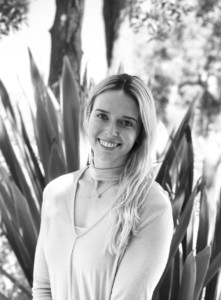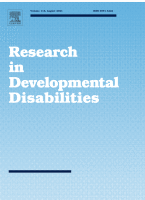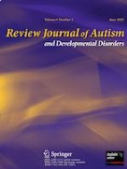Dr Nicole Dargue is an early career researcher working within the Autism Centre of Excellence. Trained in neuropsychology, her research looks at factors that may enhance learning and communication. She specialises in non-verbal communication in children on the autism spectrum.
 Nicole is inspired by this area of research, because it provides a genuine pathway to make a meaningful difference in people’s lives. She is an inspired and hardworking researcher, volunteering her time to be the GIER advisory board amidst teaching and research commitments.
Nicole is inspired by this area of research, because it provides a genuine pathway to make a meaningful difference in people’s lives. She is an inspired and hardworking researcher, volunteering her time to be the GIER advisory board amidst teaching and research commitments.
On her motivations and background Nicole says:
“I’ve worked with kids on the spectrum since my second year at uni. My passion grew from there. I was a swim instructor and was given children on the autism spectrum to teach, because I was good at communicating with them. I’ve always been passionate about advocating for the strengths of children on the autism spectrum, so they can reach their potential, so this path of research naturally sparked my interest.”
Research within autism is challenging, as it is not straight forward in terms of recruitment, and there are many factors to consider, including what research is important to the autism community. Nicole’s work looks at various ways of supporting autistic individuals, using a social model of disability rather than a medical model.
Nicole says of her work:
“It’s meaningful because it’s all about supporting people and taking the onus off the individual. We are looking at how we can adjust the environment, for example, that the individual learns in. We’re not asking them to do anything different, and I like that and am excited by that.“
Nicole is currently working on two AEL Internal Grants with other GIER researchers from ACE. The focus for this emerging area is how gesture can be used to enhance communication and learning for children on the autism spectrum. Research shows that teacher’s gestures can enhance memory for spoken information for kids on the spectrum. Nicole will be presenting on this work at the International Society for Gesture Studies in Chicago in July.
Another ACE project Nicole is working on is exploring teacher perspectives on factors that impact learning mathematics.
Nicole says:
“One of the strategies we are focusing on is the use of gesture in the classroom. From these studies, I’m hoping to develop some experimental studies as well, to actually see whether we can move towards using gesture as a form of support, in the classroom and home environment.”
Nicole believes that if you are passionate about something, you should strive for it. On her work, she says that it’s important to find support around that can help you to achieve your research goals and passions.
To see more of Nicole’s important collaborative work please read:

Short report: Learning through iconic gesture in autism spectrum disorder



